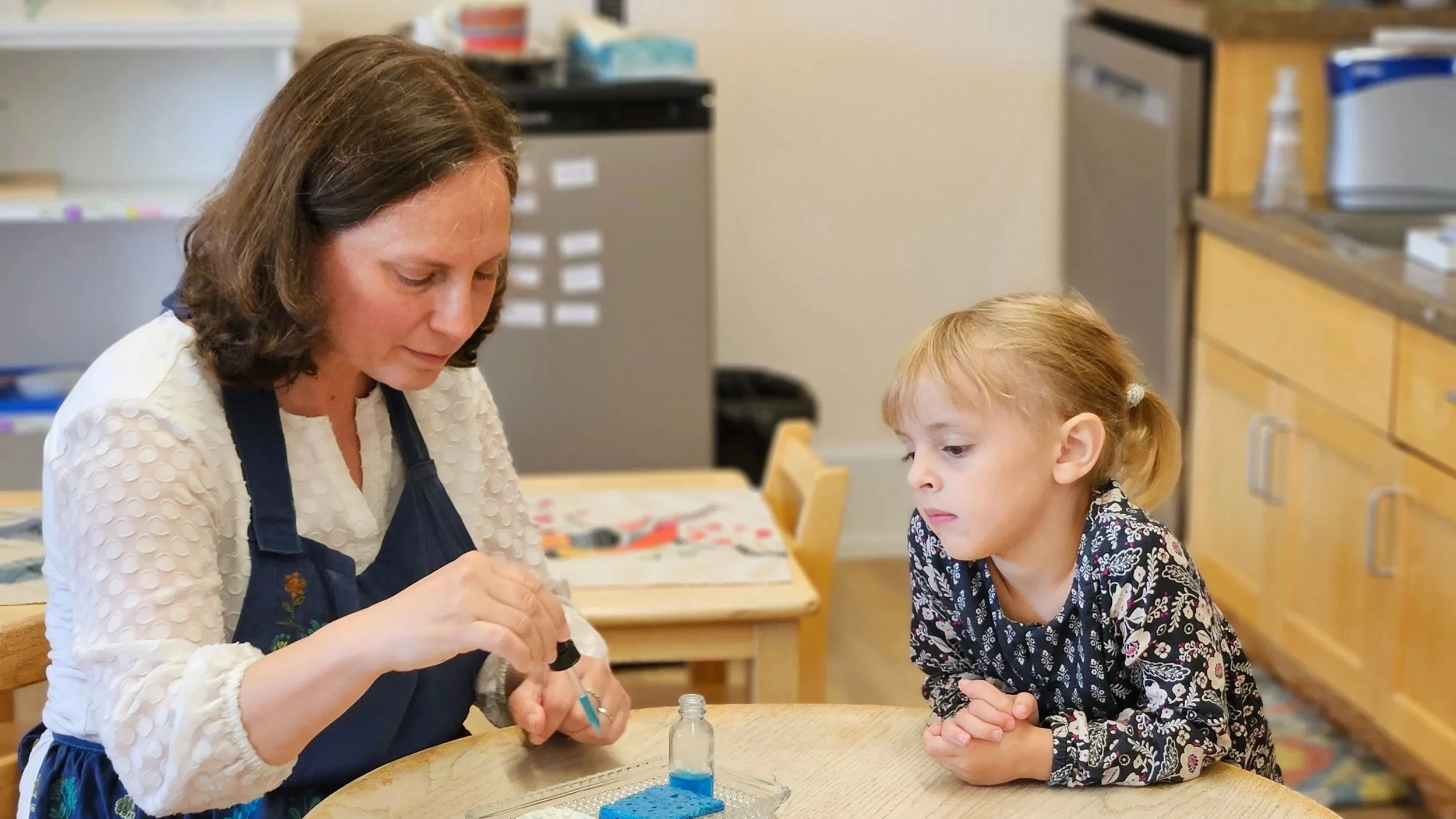Long before the first day of school, the Junior High (which we call the Adolescent Program—AP) campus at Hollis Montessori was already buzzing with energy. Over several days this summer, AP students, guides, and families came together for hands-on work that keeps our small community thriving. They repaired the chicken tractor, weeded and tended the garden, began building a protective fence around the beds, and organized tools and supplies in the shed.
At first glance, it might look like simple manual labor. But in Montessori education — and especially in the Adolescent Program — there’s always more happening beneath the surface…






